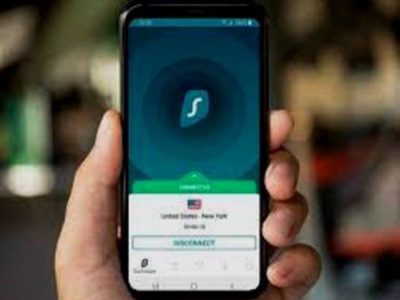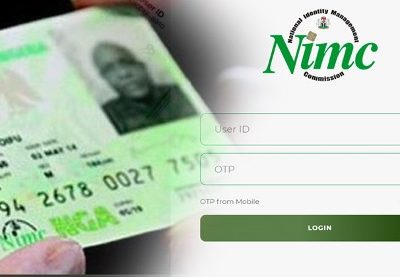By Osasómé C.O
Zenith Bank customers are expressing their frustrations on social media after the bank’s online platforms, including mobile banking, web banking, and USSD services, became inaccessible. The service disruption coincided with Nigeria’s Independence Day celebration on October 1, 2024, leading to a spike in complaints as customers were unable to complete transactions.
RELATED: N2.5bn: Nigerian court jails two men for hacking into Union Bank’s database
Zenith Bank had earlier announced a scheduled maintenance from September 29 to October 1, between 12:01 AM and 5:00 AM, which was intended to improve its Information Technology Infrastructure. However, despite the prior notification, customers report that the platforms remained down well beyond the scheduled maintenance window. It left many stranded on Tuesday, October 1, and into the early hours of Wednesday, October 2.
In a statement titled “Notice of Routine Maintenance,” the bank explained that the temporary unavailability of its services was part of efforts to “significantly improve the quality of service” for users. The statement indicated that platforms, including the Mobile Banking App, USSD service, and Internet Banking, would be offline until 2:30 PM WAT on October 1. Despite this, as of 2:45 AM on October 2, users continued to experience issues, sparking further dissatisfaction.
Growing Frustration Over Frequent Service Disruptions
The incident highlights growing concerns among Nigerian consumers over the frequency of digital banking downtimes. Customers vented their frustration online, with some calling for stricter regulations and penalties to prevent frequent service outages.
“Just when you need to do a crucial transaction, the banks make it impossible,” one customer lamented. Another from Abuja added, “There should be a law and penalty to check these frequent irresponsible acts.”
While routine maintenance is necessary to secure and update banking systems, the frequency and duration of such disruptions are raising questions about the stability and infrastructure of digital banking services in Nigeria.
An industry expert noted that cybersecurity concerns might also play a role in these disruptions, as many financial institutions in sub-Saharan Africa, including Nigeria, have experienced a rise in hacking attempts. Though banks rarely disclose security breaches until unavoidable, incidents like Access Bank’s three-day service outage in November 2023 sparked speculation about hacking vulnerabilities. Hope Payment Service Bank (Hope PSB) Limited is in court in Lagos. It is seeking to recover approximately N6.56 billion stolen by cybercriminals.
In 2020, the Economic and Financial Crimes Commission (EFCC) secured the conviction of two hackers and a Bureau De Change (BDC) operator. They were convicted for hacking into Union Bank’s database and diverted the sum of N2,550 billion.
A recent report by Kaspersky, a cybersecurity firm, warned of increasing threats to financial institutions across the region, with cybercriminals targeting the digital vaults of major banks.
As digital banking becomes more integral to daily financial operations, ensuring the resilience and security of these platforms is critical to maintaining customer trust. The ongoing Zenith Bank outage underscores the challenges Nigerian banks face in achieving that balance.


































